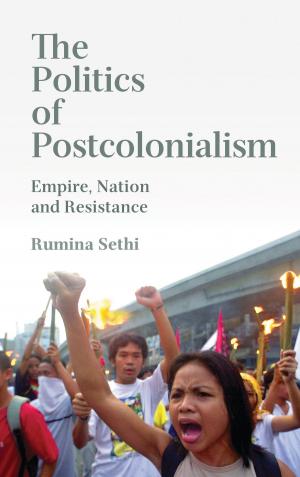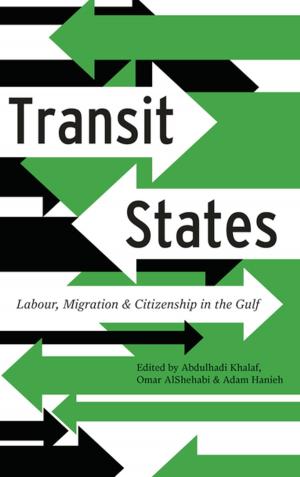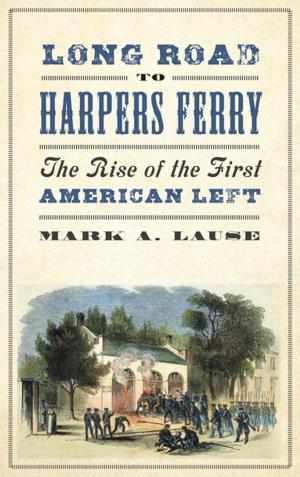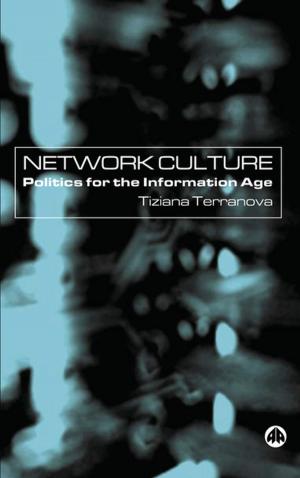Global Matrix
Nationalism, Globalism and State-Terrorism
Nonfiction, Social & Cultural Studies, Political Science, International, International Relations, Social Science, Anthropology| Author: | Tom Nairn, Paul James | ISBN: | 9781783719099 |
| Publisher: | Pluto Press | Publication: | March 20, 2005 |
| Imprint: | Pluto Press | Language: | English |
| Author: | Tom Nairn, Paul James |
| ISBN: | 9781783719099 |
| Publisher: | Pluto Press |
| Publication: | March 20, 2005 |
| Imprint: | Pluto Press |
| Language: | English |
Globalization has brought with it many difficult and contradictory phenomena: violence, deep national insecurities, religious divisions and individual insecurities. This book takes a critical look at three key areas globalism, nationalism, and state-terror to confront common mythologies and identify the root causes of the problems we face.
Too many commentators still argue that globalization is predominantly a neo-liberal economic phenomenon; that nation-states are on the way out, and that terror is something that primarily comes from below. Global Matrix exposes the limitations of this argument. The authors explore four main questions:
-- What is the cultural-political nature of contemporary globalization?
-- How adequate, particularly in the context of nation-states, is a politics of democratic nationalism?
-- How are we to understand new and old nations in the context of changes across the late twentieth century and into the present?
-- Where does national violence come from and what does it mean for a 'war on terror'?
Written by two leading scholars, this is a lucid study of what place the nation-state has in a globalizing world that will appeal to students across the political and social sciences.
Too many commentators still argue that globalization is predominantly a neo-liberal economic phenomenon; that nation-states are on the way out, and that terror is something that primarily comes from below. Global Matrix exposes the limitations of this argument. The authors explore four main questions:
-- What is the cultural-political nature of contemporary globalization?
-- How adequate, particularly in the context of nation-states, is a politics of democratic nationalism?
-- How are we to understand new and old nations in the context of changes across the late twentieth century and into the present?
-- Where does national violence come from and what does it mean for a 'war on terror'?
Written by two leading scholars, this is a lucid study of what place the nation-state has in a globalizing world that will appeal to students across the political and social sciences.
Globalization has brought with it many difficult and contradictory phenomena: violence, deep national insecurities, religious divisions and individual insecurities. This book takes a critical look at three key areas globalism, nationalism, and state-terror to confront common mythologies and identify the root causes of the problems we face.
Too many commentators still argue that globalization is predominantly a neo-liberal economic phenomenon; that nation-states are on the way out, and that terror is something that primarily comes from below. Global Matrix exposes the limitations of this argument. The authors explore four main questions:
-- What is the cultural-political nature of contemporary globalization?
-- How adequate, particularly in the context of nation-states, is a politics of democratic nationalism?
-- How are we to understand new and old nations in the context of changes across the late twentieth century and into the present?
-- Where does national violence come from and what does it mean for a 'war on terror'?
Written by two leading scholars, this is a lucid study of what place the nation-state has in a globalizing world that will appeal to students across the political and social sciences.
Too many commentators still argue that globalization is predominantly a neo-liberal economic phenomenon; that nation-states are on the way out, and that terror is something that primarily comes from below. Global Matrix exposes the limitations of this argument. The authors explore four main questions:
-- What is the cultural-political nature of contemporary globalization?
-- How adequate, particularly in the context of nation-states, is a politics of democratic nationalism?
-- How are we to understand new and old nations in the context of changes across the late twentieth century and into the present?
-- Where does national violence come from and what does it mean for a 'war on terror'?
Written by two leading scholars, this is a lucid study of what place the nation-state has in a globalizing world that will appeal to students across the political and social sciences.















